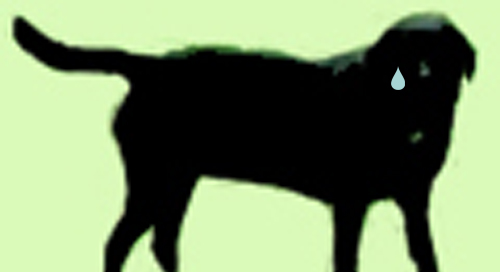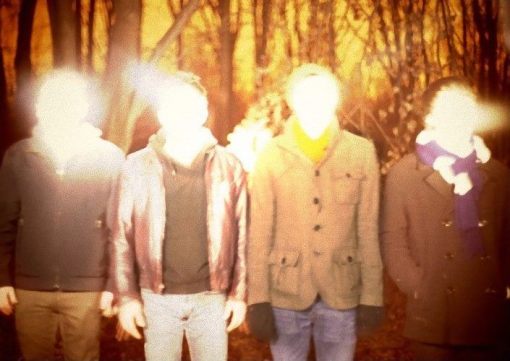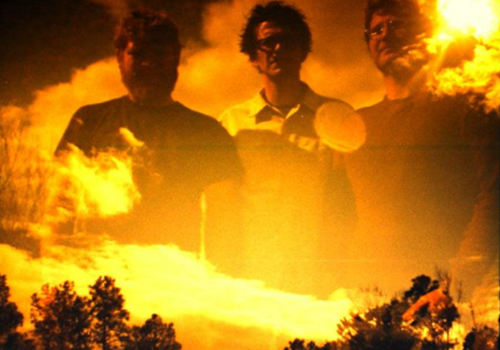You may have noticed that I lost some interest in this little light green corner for a bit. It just didn’t seem important to me anymore, and I really didn’t want to force it. So I didn’t. And here it lies. I really loved writing here – I’d always regarded blogs as relf-referential paradises for pricks but found out that, with a little direction (and some help from places like the Hype Machine). you could actually find people to talk to about whatever you wanted.
I wanted to talk about music, and that was great, but I don’t anymore. It’s been a strange journey, losing interest. I’m not sure if it’s a natural reaction to a hobby turning into work, but I bloody hope it isn’t because I just got a job writing about video games. Which is still a weird thing to say for me. Basically, my unfocused point is that I won’t be posting here anymore. At least, not for a long time. Not ’til I really care about music again, enough to fit the talking about it into a schedule that is much, much tighter than it used to be.
It would be a bit shitty of me not to leave without talking about some music though, right? And there aren’t many more fitting bands I could write about than Meursault. I fucking love Meursault, I genuinely think they’re one of the most exciting bands in the whole bloody world, and I’ve been posting about them for a long time now. So it seems wonderfully serendipitous that the day I post this is the day their third album, Something for the Weakened, has its launch party. I genuinely didn’t construct that coincedence.
Something for the Weakened could finally make Meursault a “big band”. Unfortunately, I say this with the authority of a man who has said exactly the same thing about the last two albums, but this time I’m even more right. It continues the band’s proud tradition of refusing to ever sound the same – they’ve gone from the first album’s bleeps and banjos to the EP’s stripped back folk to the second album’s Wizard of Oz style (by that, I mean it sounded like there was a single, small man behind all the huge noise) and eneded up in serious anthem territory. Meursault have always been a band that trades in melodies, but this album sticks straight up the front of proceedings and glares at you until you scream along. It’s fucking wonderful, and you should all buy it.And I really hope “the public” will buck up their ideas and buy it too.
I don’t know whether it’s my favourite album of the year just yet – it has some stiff competition from Father John Misty, Barna Howard and White Birds – but it’s putting up a fight. I’m going to attach the single, ‘Flittin” for you to enjoy, and then you should buy all of those albums and think of me and this blog, misty-eyed whilst you compare them. I’m not actually dying, so you can still find out what I’m prattling on about over on Twitter (@2plus2isjoe), or you can read what I’m doing for money in Official Nintendo Magazine or you can see what music I care about enough to write about in my free time by reading DIY or For Folk’s Sake. But that’s it for Music From A Green Window for now. Bit sad. Bye.







